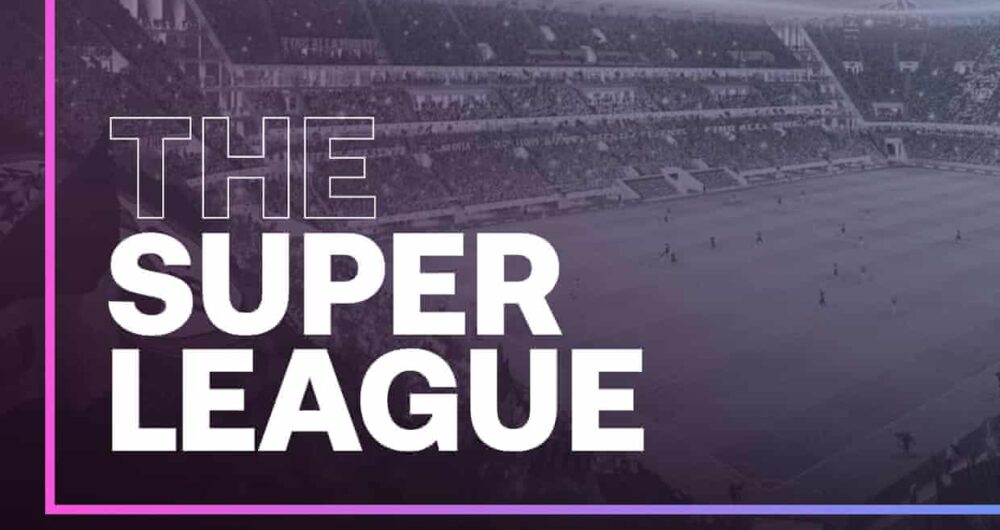European football was thrown into turmoil on Sunday night after new plans for a European super league were revealed that would mean six English clubs – Manchester City, Manchester United, Liverpool, Arsenal, Chelsea and Tottenham – joining the breakaway competition alongside three teams from each of Italy and Spain, according to The Guardian.
The plans, which would represent one of the biggest changes ever made in the football calendar, threaten not only the future of the Champions League but could have a seismic impact on the entire structure of the club game. In England the Premier League had urged clubs “to walk away immediately before irreparable damage is done”.
Twelve of Europe’s leading football clubs have today come together to announce they have agreed to establish a new mid-week competition, the Super League, governed by its founding clubs.
AC Milan, Arsenal FC, Atlético de Madrid, Chelsea FC, FC Barcelona, FC Internazionale Milano, Juventus FC, Liverpool FC, Manchester City, Manchester United, Real Madrid CF and Tottenham Hotspur have all joined as founding clubs. It is anticipated that a further three clubs will join ahead of the inaugural season, which is intended to commence as soon as practicable.
According to the ESL, the new format will involve midweek fixtures, with all participating clubs continuing to compete in their respective national leagues, “preserving the traditional domestic match calendar which remains at the heart of the club game”.
An August start with clubs participating in two groups of 10, playing home and away fixtures, with the top three in each group automatically qualifying for the quarter-finals. Teams finishing fourth and fifth will then compete in a two-legged play-off for the remaining quarter-final positions. A two-leg knockout format will be used to reach the final at the end of May, which will be staged as a single fixture at a neutral venue. As soon as practicable after the start of the men’s competition, a corresponding women’s league will also be launched, helping to advance and develop the women’s game.
Uefa and the Premier League had earlier strongly condemned the proposals, with the former describing the plans as a “cynical project founded on the self-interest of a few clubs”. Its statement, which was also signed by the Premier League, the Football Association and their counterparts in Spain and Italy, reiterated the threat to ban any players involved from “any competition at domestic, European or world level”.
The impetus for the breakaway league has come from the Real Madrid president, Florentino Pérez – who will be chairman of the new organisation – along with Joel Glazer of Manchester United and Andrea Agnelli of Juventus, who will be vice-chairmen.
The former United manager Sir Alex Ferguson led criticism of the new proposals, telling Reuters that a super league would be “a move away from 70 years of European club football”.
“Everton are spending £500m to build a new stadium with the ambition to play in Champions League. Fans all over love the competition as it is,” he said. “In my time at United, we played in four Champions League finals and they were always the most special of nights. I’m not sure [if] Manchester United are involved in this, as I am not part of the decision making process.”
Gary Neville, Former United defender said: “I am disgusted by Manchester United and Liverpool the most. They (Liverpool) pretend [with] You’ll Never Walk Alone [they are] the people’s club, the fans’ club. Manchester United – 100 years, born out of workers. And they are breaking away into a league without competition, that they can’t be relegated from?
“It is an absolute disgrace. Honestly, we have to wrestle back power in this country from the clubs at the top of this league, and that includes my club,” he added.
The organisation Football Supporters Europe described the plans as “illegitimate, irresponsible, and anti-competitive by design” which “will be the final nail in the coffin of European football”.
It added: “It is driven exclusively by greed. The only ones who stand to gain are hedge funds, oligarchs, and a handful of already wealthy clubs, many of which perform poorly in their own domestic leagues despite their in-built advantage.”




